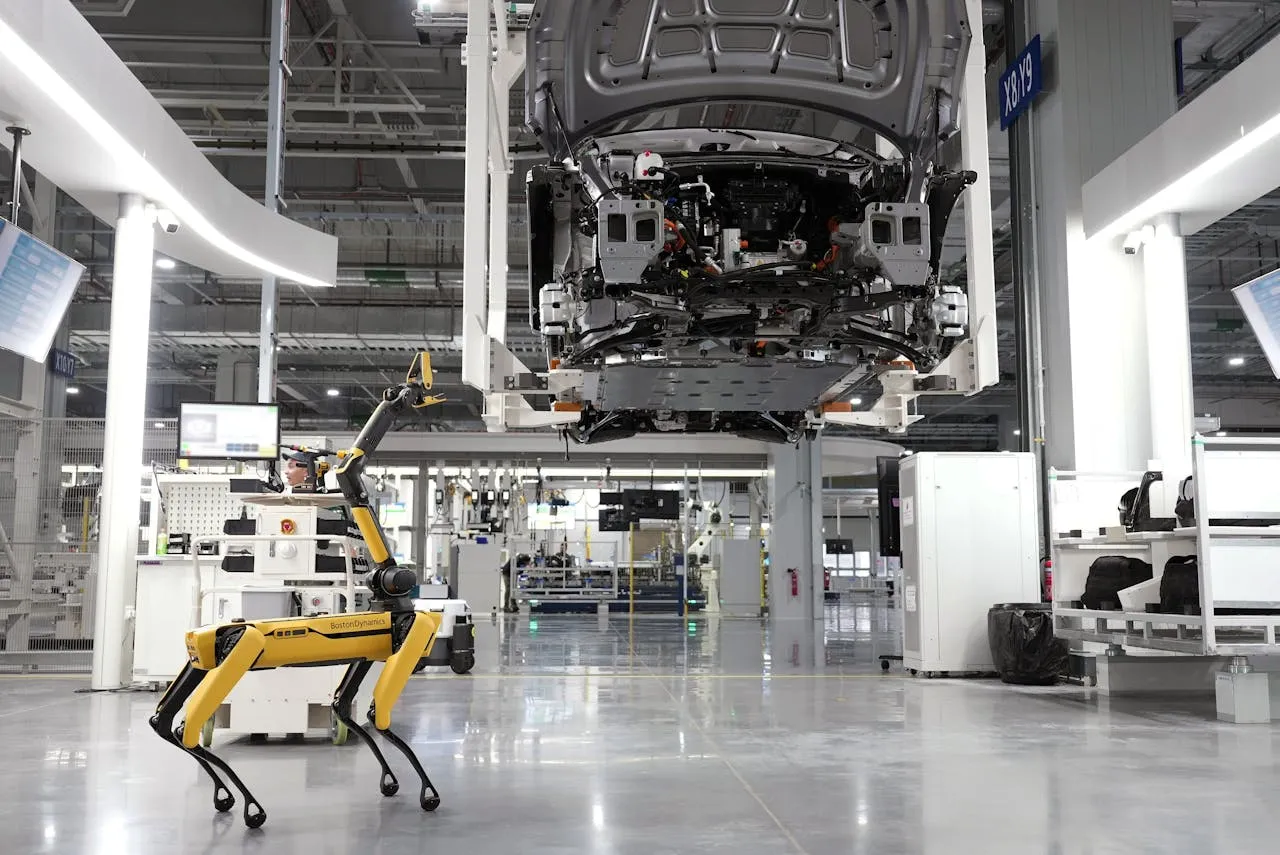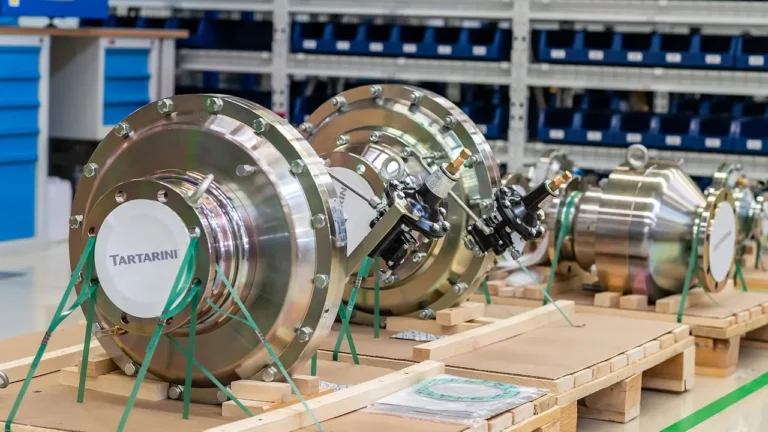
Intel and LG Innotek Collaborate to Build AI-Powered Smart Factory in Korea
Inside LG Innotek’s manufacturing facility in Gumi, South Korea, a quiet revolution is underway. The factory, known for producing precision components such as smartphone camera modules, automotive displays, and other critical smart device parts, is now incorporating advanced artificial intelligence (AI) and computing technologies to achieve what has long been considered the holy grail of manufacturing: replicating the same tiny parts hundreds of thousands of times with perfect accuracy and zero defects.
To meet this ambitious goal, LG Innotek, a global leader in materials and component manufacturing, has turned to Intel’s powerful suite of processors and graphics units. Together, the companies are working to create a fully automated inspection system that eliminates human error, improves efficiency, and ensures consistent product quality on a massive scale.
Intel’s Role in AI-Backed Automated Inspection
LG Innotek had already been relying on rule-based inspection systems and some deep learning models at specific points in its production lines. However, to reach the next level of efficiency, the company needed a broader solution capable of automating inspection across every stage of the production process. This is where Intel stepped in with its comprehensive set of processors, GPUs, and software support.
The current setup integrates Intel® Core™ processors, Intel® Xeon® processors, and Intel® Arc™ discrete GPUs, all orchestrated by Intel’s OpenVINO™ toolkit, an open-source AI platform that allows developers to optimize and deploy AI models quickly across CPUs, GPUs, and accelerators.
Here’s how the solution works in practice:
- Data capture and defect analysis: Information from the production line streams into PCs powered by Intel Core processors. Their integrated graphics allow for fast and cost-efficient defect data analysis without requiring additional expensive hardware.
- High-performance workloads: For more demanding tasks, such as running multiple algorithms on high-resolution product images, Intel Arc discrete GPUs step in to handle the heavier computations.
- Dataset training and refinement: Over time, the accumulated inspection data is fed into pre-training servers powered by Intel Xeon processors. This ensures that inspection models evolve and improve continuously as new patterns emerge.
- Future expansion: Intel and LG Innotek also plan to introduce Intel® Gaudi® AI accelerators to further support large-scale pre-training workloads in upcoming phases.
This layered approach provides an optimal balance between performance and cost, ensuring the inspection system is not only highly accurate but also financially sustainable for mass deployment.
Scaling Operations Through Cost Efficiencies
One of the most significant benefits of Intel’s solution has been its impact on cost efficiency. LG Innotek found that by using Intel Arc GPUs, the company could achieve performance levels comparable to other vendors’ hardware but at a fraction of the cost. This advantage is opening doors for large-scale implementation.
The first application of Intel’s AI-powered inspection system was in LG Innotek’s mobile camera module production line in 2024. Following the success of that deployment, the company now plans to expand the technology to additional production facilities. This includes the Gumi 4 factory, which manufactures FC-BGA (flip-chip ball grid array) components, and eventually to overseas production lines as well.
By adopting Intel-based AI solutions across multiple facilities, LG Innotek aims to boost productivity, cut costs, and reinforce its competitive edge in the global electronics supply chain.
OpenVINO: Simplifying AI Integration
One challenge LG Innotek faced early on was the integration of Intel’s built-in GPUs into its existing deep learning infrastructure. Engineers were concerned about having to rewrite code and adapt systems that had been designed for specific third-party graphics cards.
However, those concerns were quickly alleviated by OpenVINO. Since its launch in 2018, OpenVINO has become an essential tool for AI developers, enabling them to write once and deploy anywhere across CPUs, GPUs, and accelerators. For LG Innotek, this meant the transition to Intel GPUs was seamless, eliminating the need for costly and time-consuming redevelopment.
The toolkit not only accelerated the company’s adoption of AI-driven inspection but also allowed it to quickly expand applications without worrying about compatibility issues.
Intel Xeon: Preparing for Continuous Retraining
In a dynamic manufacturing environment, production processes, designs, and raw materials can change frequently. These changes require AI models to be retrained to maintain accuracy. Intel Xeon CPUs, equipped with built-in AI accelerators, are particularly well-suited for this retraining work.
Xeon processors offer parallel computation speeds and support Intel® Advanced Matrix Extensions (AMX), which enhance deep-learning training and inference performance. By relying more heavily on Xeon CPUs for these AI-based workloads, LG Innotek expects to reduce dependency on third-party GPUs and further optimize costs.
This represents a clear shift in the company’s approach: instead of relying on a mix of CPUs and external GPUs, LG Innotek is increasingly focusing on CPU-driven AI workloads, which provide sufficient performance while streamlining the infrastructure.
Toward the Smart Factory of the Future
The collaboration between Intel and LG Innotek highlights the growing role of AI in modern manufacturing. By leveraging cutting-edge processors, GPUs, and open-source software, LG Innotek is building a smart factory environment where inspections are automated, costs are minimized, and quality is maximized.
For Intel, this partnership also demonstrates how its technology ecosystem—from CPUs and GPUs to accelerators and AI toolkits—can provide scalable solutions across industries beyond traditional computing.
As LG Innotek expands these AI inspection systems to more factories worldwide, the company is positioning itself as a leader in next-generation smart manufacturing. The ultimate goal is clear: a future where defect-free, high-precision components can be produced at scale, setting new benchmarks for efficiency and reliability in the global technology supply chain.




